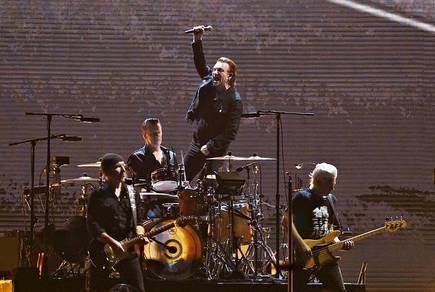
WASHINGTON, Sept. 26, 2020 /PRNewswire/ — Family Research Council President Tony Perkins called out the ongoing anti-Christian smear campaign against Supreme Court nominee Judge Amy Coney Barrett. She has been nominated by President Trump to take Justice Ginsburg’s vacant seat. Among others, members of the Left and the media have attacked Judge Barrett in the last few days for her religious beliefs. Barrett has made clear in multiple statements that her Catholic faith does not dictate her duties as a judge, but this still has not stopped those on the Left from imposing what amounts to a religious test.
“While the confirmation processes for Justices Gorsuch and Kavanaugh were not tame by any means, what we will most likely see in the coming weeks, given the stakes of this nomination, will make those earlier confirmation battles look like a dispute in small claims court. The startling level of anti-Christian bias already on display against Barrett reveals how far outside of the mainstream the Left has become and how determined they are to oppose whoever President Trump nominates to fill this vacancy.
“She must be prepared to defend her religious beliefs under intense scrutiny. But she should also know that she will not stand alone. In fact, ‘Remember the dogma’ like ‘Remember the Alamo’ may become an enduring battle cry for religious liberty,” Perkins concluded.
Some people today look back on the 1960 election of John F. Kennedy as the end of such anti-Catholicism. But, the facts seem to contradict such an optimistic view. Kennedy understood the opposition that he faced because of his religion. When he spoke in Morgantown, West Virginia, a state that at that time was 95 percent Protestant, he addressed the issue head on. He said, “Nobody asked me if I was a Catholic when I joined the United States Navy… and nobody asked my brother if he was a Catholic or Protestant before he climbed into an American bomber plane to fly his last mission.”
His bold words stunned the crowd when he asked if 40 million Americans lose their right to run for presidency on the day they are baptized Catholics. On Sept.12, 1960, Kennedy addressed the Greater Houston Ministerial Association. Standing before 300 Protestant ministers and 300 spectators, he announced that the real issues in the presidential campaign were being sidelined by the anti- Catholic polemic. He provided his opponents with his political credo by announcing, “I believe in an America where the separation of church and state is absolute – where no Catholic prelate would tell the president (should he be a Catholic) how to act and no Protestant minister would tell his parishioners for whom to vote. ” Kennedy lost votes because he was Catholic. He won the election in spite of his Catholicism. To think that his election ended anti-Catholic prejudice in America is probably not all that accurate.
U2 and Bono spoke more broadly about some of these transformations. The members of U2 were part of the charismatic movement in the 1970s in Ireland, looking across the Atlantic to the Jesus People and to some of the exciting things that were happening—especially California. When you listen to early U2 records now, you find that they are just chockfull of religious imagery.
Surely, the same is true of Bob Dylan’s born-again trilogy of records. Dylan, U2—along with Donna Summer, Van Morrison, Arlo Guthrie, Lionel Richie, Johnny Cash…—have, or had, a kind of authenticity and a critical reception. But groups like that, and other mainstream performers who have worked in some kind of Christian context, have changed rock ‘n’ roll. In them, rock has found faith in ways that it had not before—at least not as overtly.
As for the church, the music is now very contemporary, and it’s hard to imagine that reality without the earlier experiments with pop culture in the early 60s.
It’s hard to imagine in a world that is in turmoil right now with the coronavirus and the current unrest in this country, for that matter throughout the world. Why are we judging a person’s faith as a detriment?
